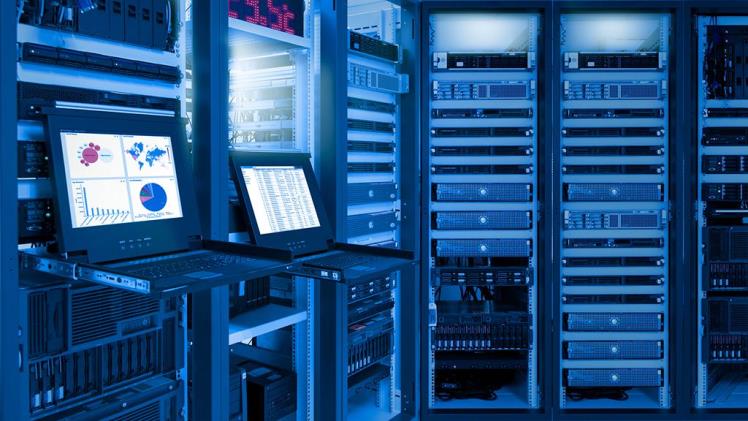Linux is a free and open-source operating system that offers a wide range of software and options. It is a great choice for many business environments because it can be customized to meet specific needs.
Its flexibility allows it to run on a variety of hardware, including servers and desktops. It also requires less maintenance and set-up cost than other closed-source systems such as Microsoft Windows.
Stability
Linux is a popular server operating system that’s well known for its stability. It has a long list of features that contribute to its robustness, including efficient and reliable mechanisms of process management and security implementation.
Debian, for instance, is one of the world’s most widely used Linux distributions, especially for servers. It’s easy to install and run and it offers the most powerful server-grade security features out there.
In addition, it has a wide range of hardware support for various architectures. This includes ARM64, Intel i386, MIPS, and Power processors.
It also has a large package repository (over 59,000), a big community, and great troubleshooting resources. The Stable release has been road tested for months to ensure that it delivers the best possible stability.
Efficiency
One of the most important aspects of a linux server is its efficiency. This is primarily due to its low infrastructure requirements and high performance rates.
Linux servers also require less resources than Windows machines, making them a more cost-efficient option for many businesses. They are also more secure and reliable than other operating systems.
In fact, many Linux servers can maintain almost 100% uptime without any interruptions. This is because they do not need to be taken offline to apply updates or correct errors.
Similarly, a Linux server can also run multiple processes simultaneously and manage multitasking without any problems. This allows it to handle large tasks quickly and efficiently.
Moreover, there are a few key Linux performance metrics that you can monitor to ensure that your server runs efficiently. These include CPU usage, disk utilization, and memory. Monitoring these metrics on a regular basis helps you identify and resolve potential issues before they lead to downtime or data loss.
Security
Security is an important part of a Linux server’s operation. It helps to secure data and keep bad actors at bay.
Even a few security measures can go a long way in defending against hackers. By keeping your server hardened and following some basic security commands, you can discourage attackers from trying to gain access to it.
Besides the operating system, a firewall is another essential component of your server’s security. A firewall protects against attacks and keeps your network’s traffic from revealing private information.
It also allows you to block incoming connections and avoid allowing new services to access them.
You can add a variety of network-facing packages to your Linux server’s hosting in malaysia, but it is critical to only install what you need. Installing more than you need unnecessarily exposes your server to vulnerabilities.
Customization
Linux servers have the ability to be highly configurable by administrators, users and developers. This allows them to enable or disable certain features, lock down their system to only allow specific tasks or access, offer an easy to use desktop experience, or avoid potentially disruptive updates. Some of these customizations can be as simple as changing the terminal font, but others may require more advanced knowledge or tools.
Conclusion
Customizations can also be applied to a server’s network configuration, such as changing the default gateway, proxy settings and SSL certificates. There are many different tools for this purpose. For instance, Linux From Scratch leads users step by step through building a basic Linux system and offers tips to make the process easier.
